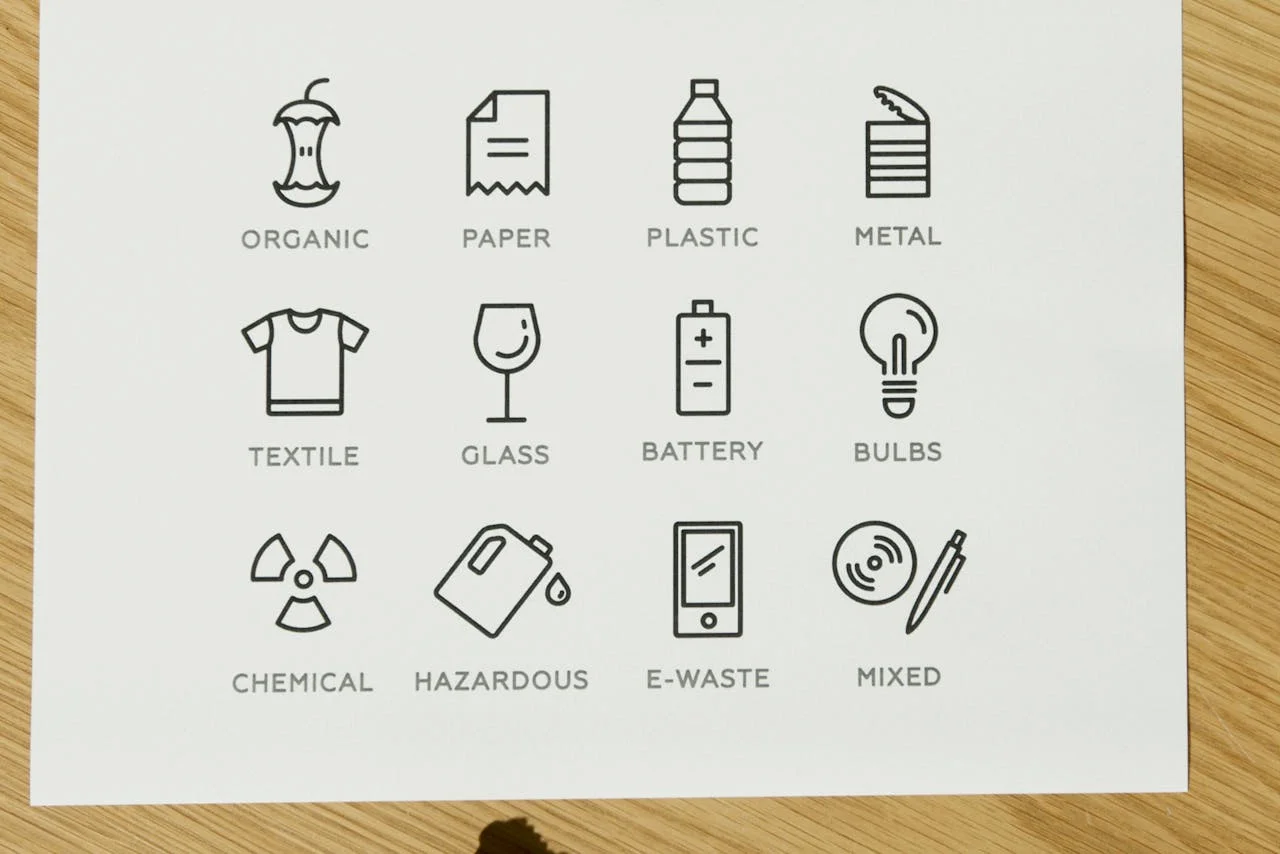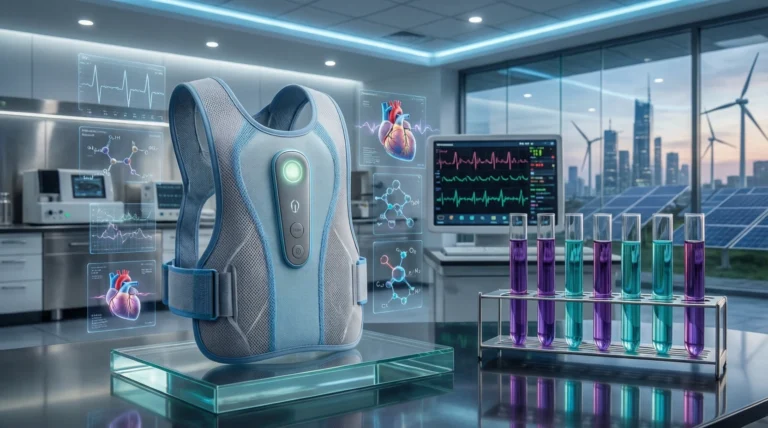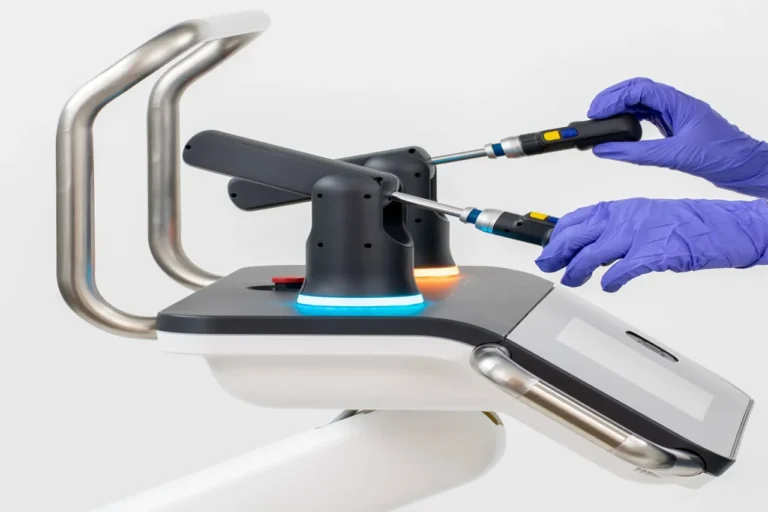
Mikhail Sterkin, PhosAgro’s Deputy CEO for Sales and Marketing, participated in the international BRICS symposium “Climate and Environment-Smart Agriculture.” This event was organized by the BRICS Business Council Working Group on Agribusiness, PhosAgro, the Diplomatic Academy of the Ministry of Foreign Affairs of the Russian Federation, and the Russian State Agrarian University – Moscow Timiryazev Agricultural Academy, with technical support from the FAO Liaison Office with the Russian Federation. Held via videoconference, the symposium was part of the BRICS Business Council’s program for Russia’s BRICS chairmanship year.
Speakers included Alexander Yakovenko, Rector of the Diplomatic Academy; Vladimir Trukhachev, Rector of the Russian State Agrarian University – Moscow Timiryazev Agricultural Academy and member of the Russian Academy of Sciences; Aghasi Harutyunyan, Deputy Director of the FAO Liaison Office with the Russian Federation; Mikhail Sterkin, PhosAgro’s Deputy CEO for Sales and Marketing; along with leading scientists from national academies of science and research associations in China, Ethiopia, India, Russia, South Africa, and Sudan.
Participants discussed the prospects for developing cooperation in the agricultural sector within the BRICS countries, focusing on state-of-the-art solutions aimed at promoting sustainable, responsible, and climate-smart agriculture. Scientists presented the latest climate- and environment-smart agricultural technologies tailored to the soil and climatic conditions of their respective regions.
Mr. Yakovenko emphasized the worsening global food security situation due to geopolitical tensions, disrupted supply chains, and global warming. He urged BRICS countries to actively share their experiences in sustainable agriculture to mitigate negative impacts on food systems.
“To address global food security challenges, high-quality mineral fertilizers free of heavy metals like cadmium, lead, and mercury are essential. These are the types of fertilizers that Russian companies supply to global markets. Additionally, BRICS countries should look closely at best practices in climate- and environment-smart agriculture to counteract negative climate trends,” said Mr. Yakovenko.
Mr. Trukhachev highlighted the crucial role of collaboration between science and business in creating sustainable, climate-resilient agriculture: “Given acute food security issues, it is vital to achieve high yields of quality crops in a cost-effective manner while minimizing climatic and environmental risks. Science and business must unite to find solutions to global problems related to climate change. We need new agricultural technologies that not only reduce the environmental impact of agriculture but also increase carbon sequestration to mitigate global warming.”
Mr. Harutyunyan underscored the importance of a comprehensive approach to implementing sustainable practices that consider local conditions: “Farmers are the most affected by climate change, yet they play a decisive role in addressing the problem. Climate-smart agricultural practices can enhance productivity and increase revenues.”
Mr. Sterkin noted that PhosAgro, as part of the BRICS Business Council, has advocated for increased cooperation in developing agricultural technologies that enable carbon sequestration in soils. He mentioned PhosAgro’s own project in this area.
The BRICS Business Council’s Working Group on Agribusiness, which PhosAgro has actively participated in for four years, has significantly enhanced cooperation this year, during Russia’s BRICS chairmanship, to ensure food security in our countries. Climate- and environment-smart agricultural production technologies are now a priority. We have called for increased collaboration in developing agricultural technologies that enable carbon sequestration in the soil-plant system.








